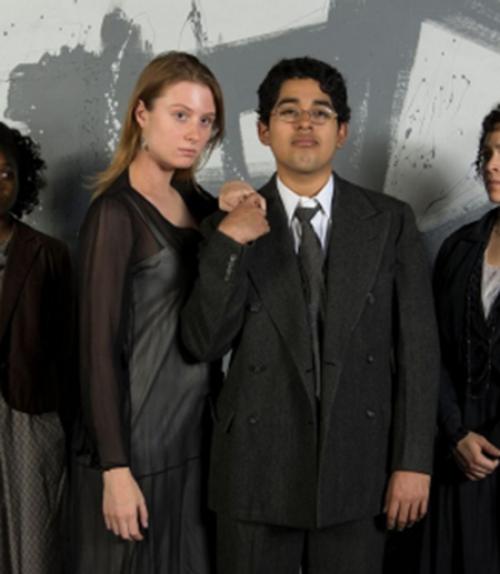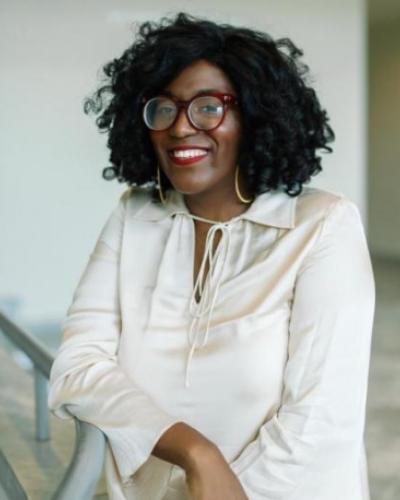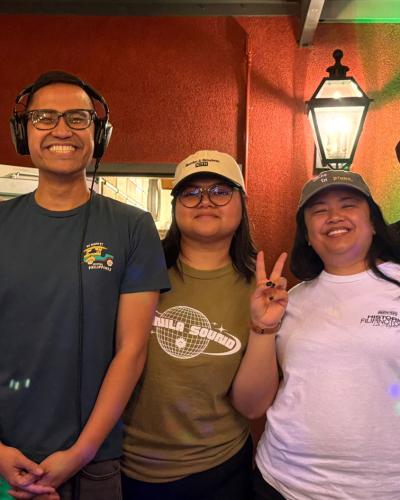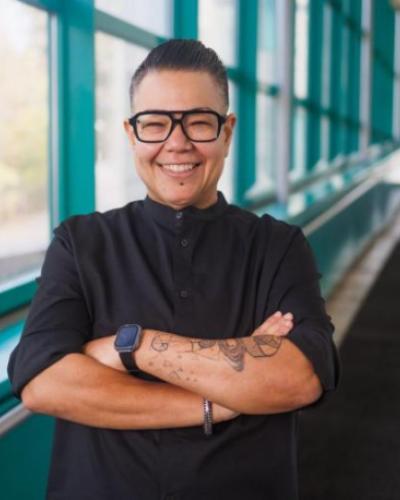 Department Homepage
The College of Arts & Sciences
Department Homepage
The College of Arts & Sciences
O’Neill's "All God’s Chillun ..." staged to provoke
Jim can feel the eyes of his classmates. He stays up nights reading his law books. He knows the information. None of that matters now. What matters is he’s the only black man in a classroom of white eyes and it consumes him. He feels branded.He starts to talk. His voice trembles. He stutters. His mind goes blank. He fails, again. He can’t exactly explain why.




